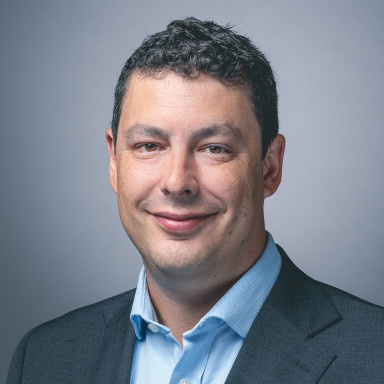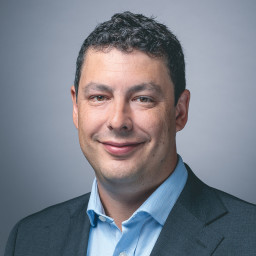Significant interest rate rises over the last 18 months have made returns on cash more attractive than they’ve been in years. Savings rates have spiked, meaning investors have reallocated money to cash and cash-like investments so they can lock in what are considered to be ‘risk-free’ returns – enter money market funds.
What is a money market fund?
Money market funds are mainly invested in a combination of very short-dated investments.
Their purpose is to give a return that’s slightly higher than what you can get from cash at the bank, after fees.
As is always the case, you don’t get something for nothing, so the higher return compared to cash comes at a level of higher risk.
What do money market funds invest in?
These funds invest in different types of assets that all have a short period of time until they mature. This means the expected returns are usually small, but can be calculated more accurately.
These funds can often use derivatives too, which adds risk. Here are the most common types of investment in money market funds.
Short-dated bonds
These are bonds that reach their maturity date in the near future. In the context of money market funds, the maturity dates can be expected to be within 12 months and often within two or three months. They can be issued by governments or companies anywhere in the world and issued in any currency.
Certificates of deposit
These are specific agreements between a depositor and usually a bank. The bank offers a fixed rate of return over a specified period of time and in return you’d agree to invest a fixed amount. You can’t top up a certificate of deposit and if you want to take your money out early, there will be penalties and fees to pay.
Cash deposits
This is cash held at the bank.
The potential returns
Over the long term, you can expect money market funds to provide a similar return to cash, plus a little bit more. The reason these funds should give you a higher return is because they’re riskier than just holding cash.
That being said, the investments that make up these funds are usually high quality with good credit ratings, meaning the probability of default is low.
However, unlike cash at the bank, there’ll be times when money market funds lose value. This will usually be when interest rates rise quickly and the short-term bonds lose value, usually before rebounding back as it gets close to their maturity date – of course, there are no guarantees.
The potential for losses depends on exactly what the fund invests in. Funds that have a higher proportion invested in bonds are likely to have greater potential for short-term losses during a period where bond yields increase sharply.
At the same time, you could expect a slightly higher return from those funds that have a higher weighting to bonds, because they’re higher risk than certificates of deposit or cash.
In terms of yield, this can vary quite a lot for these types of fund. This mainly comes down to how income is paid out and usually doesn’t have a large impact on the overall returns. However, if it’s income you’re looking for, be sure to compare the yields of different investment options before you trade.
This is not personal advice, so if you're not sure if an investment is right for you, ask for financial advice. All investments and any income they produce can fall as well as rise in value, so you could get back less than you invest. Past performance isn’t a guide to the future.
What are the risks?
The main risk in these funds is default of the bond issuer or the issuer of the certificates of deposit. The potential for default should be very low given the very short periods of time that each investment has in these funds before they mature.
A manager investing in a bond with only two months to maturity, will usually be able to tell whether the issuer will be able to pay the terms of that bond.
But, shocks can, and do, happen.
Currency effects
Some of the money market funds available on our platform are based in an overseas currency, like the US dollar. Investing in one of these funds means you’re taking currency risks which could significantly affect the returns you receive.
How are money market funds usually used?
Money market funds are typically used as a place to hold cash over the short term. The often slightly higher returns compared to cash deposits make them more attractive than just holding cash, however there are fees attached.
If you’re investing over the longer term, fees can reduce the potential benefits compared to a savings account.
The other thing to consider is that the potential returns can change quite quickly if interest rates change a lot over the short term. It means the yield you get today could be quite different in six or 12 months’ time.
These funds are also traded daily and therefore getting access to your cash isn’t as quick as it usually is from a savings account.
What funds are available on the HL platform?
We don’t have any money market funds on our Wealth Shortlist. However, we do still have a number of money market funds available in the funds section of our website.

